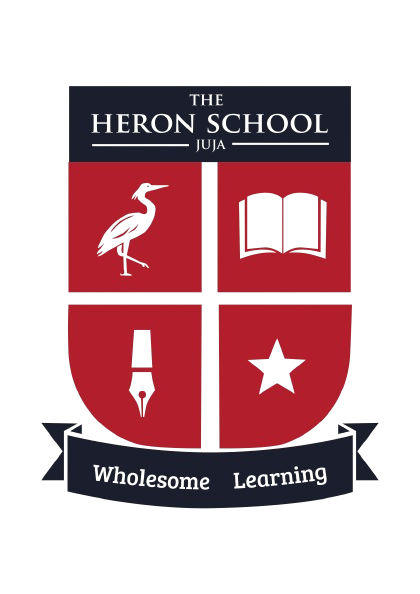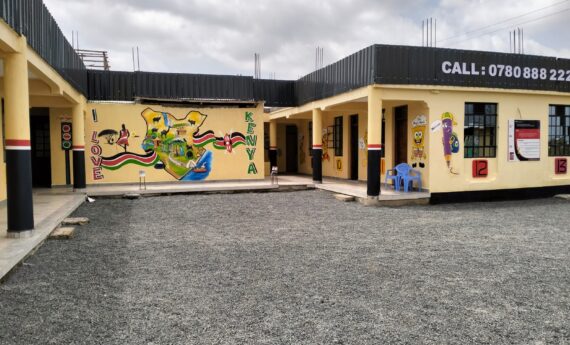About The Heron School
By enrolling your child at The Heron School-Juja you are setting up your child to a thrilling, unique learning journey exposing your child toan exceptional start in life.
Central to our ‘wholesome learning’ tagline, we are committed to provide a schooling that works towards the development of the whole child i.e., academically, intellectually, socially and spiritually.
Our experienced teachers are at hand to provide a cutting edge and ICT integrated teaching thus exposing the learners to international learning standards. At THS, each child is treated as an individual and valued both for who they are and who they could become thus building their self
believe.
We are committed at providing excellent standards of teaching and learning delivered within small classes and developed to meet the needs of the individual learners. Beyond the classroom, an incredibly diverse range of co-curricular activities awaits your child helping them to develop new talents &
skills, grow their social skills, uplift their self-confidence as well as improving their academic performance.

